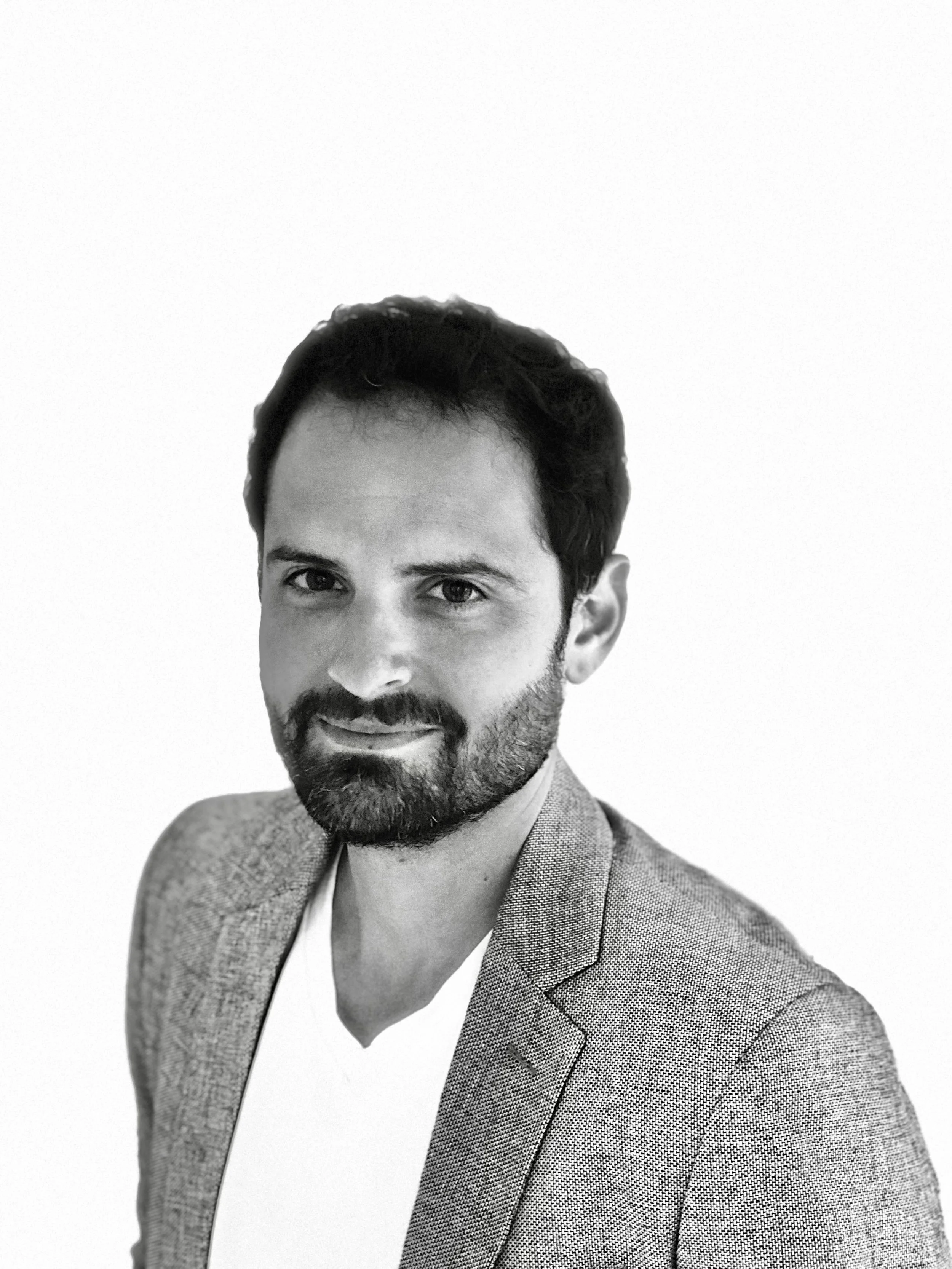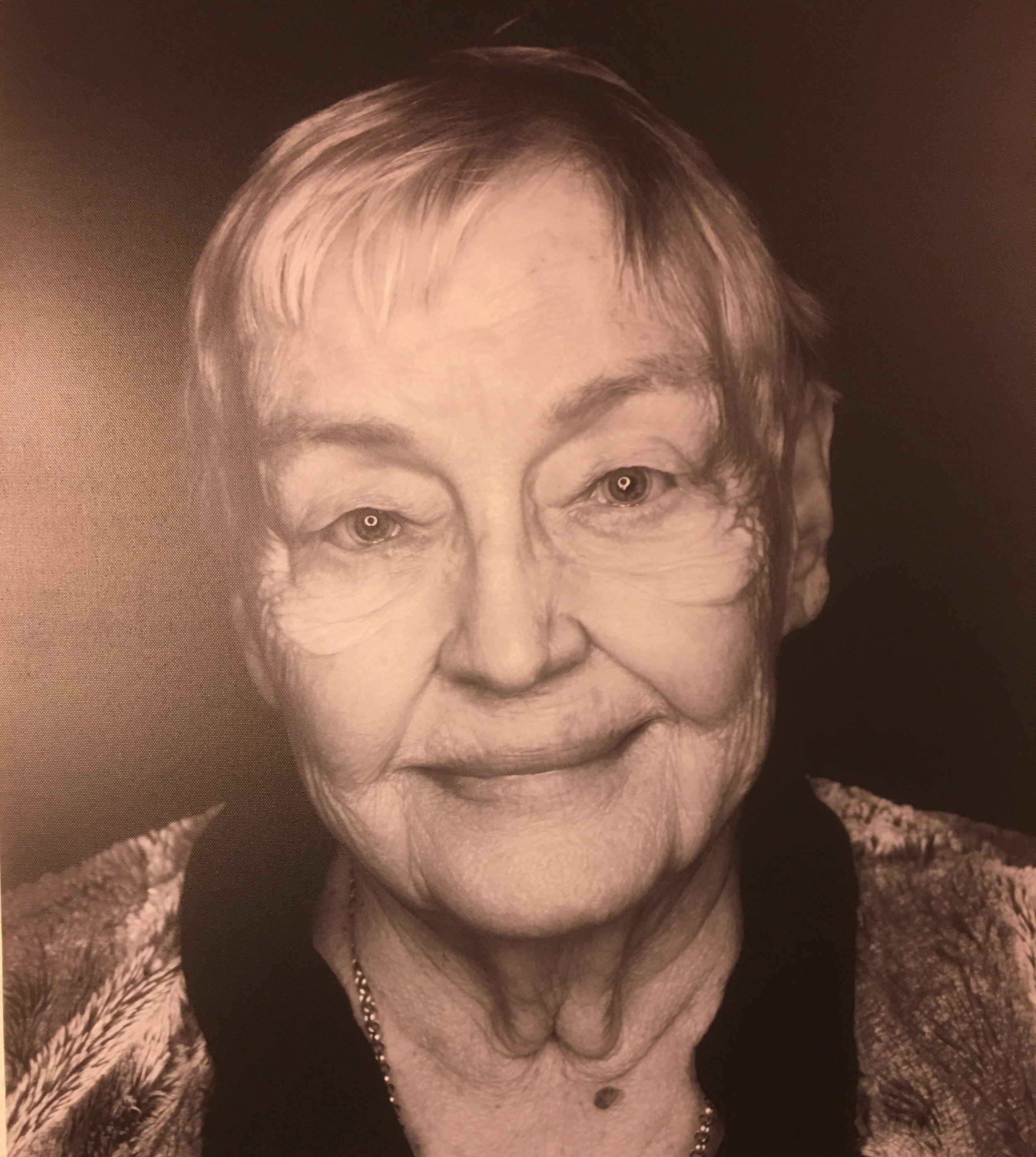'The APA guidelines are disparaging of men and boys’. An interview with Professor Chris Ferguson
Chris Ferguson, professor of psychology at Stetson University, Florida, is most likely to be recognised by readers of Male Psychology magazine for his criticism of the APA Guidelines on therapy for boys and men. However this is just one facet of his interests. Other people will recognise him from his work debunking the popular notion that video games are a significant cause of violence and sexism. This expanding Venn diagram of his interests might even include the people who know him for his research into personality disorders, or those who know his popular psychology books (including Moral Combat, How Madness Shaped History), his works of fiction (Suicide Kings, and various short stories), and his love of gaming, guitar and all things gothic. Given this vast array of interests, I was very glad that Chris had time to talk to me about male psychology.
John Barry (JB): For many people you are best known for your research on the influence of video games and behaviour. People interested in male psychology may be aware of your views on masculinity e.g. the expansion of the definition of masculinity to include deviant traits like misogyny. What got you interested in these topics?
“I’ve become curious why people, including very smart people with Ph.Ds, tend to leap at moralistic conclusions, adhere to them and consider them “science” when they are no such thing.”
Chris Ferguson (CF): I think the common thread to the things I get interested in is the idea that some segment of society, whether the general public, psychologists, the APA, etc., have made some decision, particularly a moralistic one where the evidence is unclear. That makes me curious about what evidence there is to support the position…often it turns out the evidence is unclear or there really isn’t much to support the moral position. So I’ve become curious why people, including very smart people with Ph.Ds, tend to leap at moralistic conclusions, adhere to them and consider them “science” when they are no such thing.
“…scholars who founded their reputation on this, the APA, some politicians, etc., ended up with sunk costs…it’s embarrassing to admit we were horribly wrong.”
JB: How much would you say the idea that violent video games cause violent behaviour has been debunked? Why are some people so reluctant to let the idea go?
CF: I think scientifically it is mostly dead. There’s debate remaining over more prank-like aggression but even here I don’t find the evidence particularly compelling. As is often the case with moral panics, once the conclusion that ‘games are bad’ was made, certain groups, including scholars who founded their reputation on this, the APA, some politicians, etc., ended up with sunk costs…it’s embarrassing to admit we were horribly wrong. And, of course, it remains a politically useful cudgel, particularly on the political right who’d prefer not to discuss gun control.
“The APA has a history of writing really bad policy statements, so there’s obviously something systemic going on there. It seems in part that they often allow highly invested individuals to write very ideological statements”.
JB: You are a Fellow of the American Psychological Association (APA) and have been critical of their view of masculinity. The APA Guidelines on therapy with boys and men were written and publicised by Division 51 (The Society for the Psychological Study of Men and Masculinity) of the APA. The APA guidelines are – arguably - a strange hybrid of some excellent information (Guideline 9 on therapy for men) and very flawed information (Guidelines 1 & 3, on masculinity as a social construct and the supposed influence of patriarchy on mental health). My research has found that therapists who believe in the ideas in Guideline 9 don’t subscribe to the ideas in Guidelines 1 & 3, and vice versa. How did the APA come to produce a set of guidelines on therapy that contain suggestions in one section that are pretty much incompatible with other sections?
CF: The guidelines for men and boys are very, very bad, there’s no way around that. Stereotyping and trashing conservative men (of which I am not one), is little more than prejudice masquerading as science, and will actually prevent many men and their families from seeking psychological help they may have needed. The APA has a history of writing really bad policy statements, so there’s obviously something systemic going on there. It seems in part that they often allow highly invested individuals to write very ideological statements, and their review process is clearly rubbish. Some mixture of institutional capture, groupthink and cynical corporate self-interest I think.
“the guidelines are “disparaging of men and boys […] impose progressive or feminist gender norms […] failed to acknowledge significant evidence for biological influences on gender [… and] may do more harm than good”.”
JB: In September your paper criticising the APA guidelines was published. Your paper says the guidelines are “disparaging of men and boys, particularly those with traditional values and sought to impose progressive or feminist gender norms and ideologies rather than remaining focused on clinical wellness and empathy. […] the guidelines failed to acknowledge significant evidence for biological influences on gender […]. It is concluded that there are reasonable concerns that the current guidelines may do more harm than good by dissuading traditional men and families from seeking counselling”. What has been the response of the APA to your article?
CF: I haven't heard a peep from the APA. Some of the guys who drafted the guidelines asked me for a copy of my article, but that's been about it. Nothing official. That's par for the course...I raised many of these same objections when I was on council and wasn't listened to then, so I assume nobody at the APA is listening now either. That's kind of normal procedure for them...they just ignore whatever is inconvenient for any of their policy statement. We've seen the same with their policy statements on video games, spanking, CBT for PTSD, etc. I am sure many others as well that I'm less familiar with.
JB: Do you think that concepts such as ‘hegemonic masculinity’ and ‘patriarchy theory’ can be beneficial to men’s mental health?
CF: Not really. The out of work coal minor struggling to feed his family of six isn’t going to benefit from lectures about his privilege. I’m not sure even women really benefit from these approaches…the world is much more complicated than this now. We’re not still in 1915.
“I do think the division and the APA were stung by the ferocity of the backlash (despite that I warned them). I know they are already talking about the next version of the guidelines”
JB: What do you think about the fact that Division 51 has changed it’s mission statement in April 2022 to be much less negative about masculinity? Is this a sign that the infamous guidelines themselves will change too?
CF: Oh I hadn’t seen that! I’m not in that division (and in fact I publicly resigned my APA membership entirely out of frustration with the APA’s rubbish). It does look like a positive change. From a few conversations I do think the division and the APA were stung by the ferocity of the backlash (despite that I warned them). I know they are already talking about the next version of the guidelines, but that doesn’t mean it will come out before this one officially expires…it’s a long process. Whether the division and APA realize their mistakes or not…only time will tell.
JB: Within the membership of Division 51, what is the view of masculinity? Is there a 50/50 split with half thinking masculinity is a problem and the other half thinking that there are positives in masculinity?
CF: This, I couldn’t really say not being a member of the division.
“This [the BPS proposal on working with men] looks like the kind of document the APA should have written all along”.
JB: The UK equivalent of Division 51 – the Male Psychology Section (MPS) of the British Psychological Society – are in the process of producing our own suggestions for the practice of therapy with men. What are your thoughts on this document [having seen the draft version]?
CF: I gave this an admittedly quick scan but it looks like the BPS is learning from the mistakes of the APA (and Gillette). That is good to see. It’s certainly important to broaden our understanding of masculinity to those with non-traditional approaches (something the APA got right), but also good to express empathy and respect for those with traditional approaches (something the APA got wrong). This could be a model for similar guidelines on masculinity moving forward. This looks like the kind of document the APA should have written all along.
JB: You are interested in Dungeons & Dragons and you have written a horror novel called Secrets of Grimoire Manor. What attracts you to these sorts of themes?
CF: I’ve always enjoyed darker media (including dark movies and goth music), as well as anything fantasy or science fiction. I’m actually a very happy, laughy, friendly guy in person, so perhaps this is a balancing aspect of my personality. I don’t much like watching comedies, particularly for movies, at all.
JB: You wrote Suicide Kings, a murder mystery novel. What is this novel about, what has been the reception, and are you planning to write more novels?
CF: The novel is a murder mystery set in Renaissance, Florence. I started writing it when I was in Florence, actually, and experiencing a bout of homesickness and loneliness. It’s about a woman who is investigating her mother’s death after receiving a mysterious note that her mother’s death was not natural. She has to investigate while navigating a social environment marked by oppressive patriarchy and religious tumult.
As for reception, well I’m not in any danger of toppling Stephen King’s empire. But it’s actually sold rather well, particularly for being published with a small publisher. Reviews on it have been good. Everyone who likes mysteries should run out and buy it on their favourite online bookseller!
JB: If you were an undergraduate student today, what advice to you think would be useful for enhancing the development of your career?
CF: Don’t go into the humanities, they’ve lost all perspective! Haha.
JB: What new projects have you got coming up that you would like to let readers know about?
CF: I actually have two new books coming out in the next half-year or so. In November my latest nonfiction book Catastrophe! How Psychology Explains Why Good People Make Bad Situations Worse comes out. It’s pretty much what it says on the box. I explain how a variety of cognitive biases explain everything from why experienced pilots crash planes to why environmentalists oppose nuclear energy, to why toilet paper vanished during the early months of covid to why people believe there’s a police genocide of black Americans when there’s not.
Early next year, my next novel Fury should be coming out. This one is a fantasy set during the Greek Dark Ages. It follows the story of a woman with a mysterious past who becomes an elite slave soldier for the Greek Empire of the North, who are fighting against barbarian Sea Peoples invading Greece. It’s a bit more in the sword and sorcery vein, but with some interesting twists as she tries to unlock the mystery of who her parents are and why she appears destined to stop the barbarians’ evil leader.
[Gamma bias] “keeps us locked in ideas of hemogenic masculinity (to use the APA’s phrase) and patriarchy, even as we live in societies in the industrialized world that are probably the least patriarchal in all of human history”.
JB: Sounds great! Does Catastrophe! include anything about gamma bias, the cognitive bias related to how we see men and women?
CF: I honestly hadn’t come across it before because I am a horrible human being and terribly parochial. As I understand it, it helps to understand why we historically tend to see only the negative aspects of masculinity (power and privilege, the perpetration of bad behavior), whereas we tend to view femininity as emblemic of victimhood but also innocence. Thus many people tend to view domestic violence as something men do to women, despite overwhelming evidence women perpetrate such violence as often as men (and of course it occurs in gay relationships as well as straight). It makes a lot of sense and we can, of course, see this play out as people complain about the gender disparities in high-status careers such as CEOs or movie directors, but not in low-status careers such as sanitation workers or coal miners.
I think too this keeps us locked in ideas of hemogenic masculinity (to use the APA’s phrase) and patriarchy, even as we live in societies in the industrialized world that are probably the least patriarchal in all of human history (and yes, I’m including indigenous societies). Power, in the modern world is far less a male/female or, for that matter, black/white/Latino/Asian thing than 100 years ago. Instead, I suspect these outdated conceptions of power are used to divide most people even as an elite managerial class (of which academics like us are part) maintain a vice-like grip on the real power in society.
Final thoughts
Chris Ferguson’s creative intelligence is demonstrated in the various aspects of output. He manages to successfully combine an instinct for humour with a reflex for steadfastly ‘telling it like it is’. Dedication to reality is an invaluable characteristic in science, and though – like the boy pointing out the emperor’s new clothes - it has gained him some enemies, I predict that in the longer term he will gain the respect of many more people, even those who might initially have disagreed with him. He is prolific in his many interests, and those of us who are interested in male psychology should be very glad this topic is on his radar. His new paper, critiquing the APA guidelines on therapy for boys and men, is free to download until November 7th 2022, after which time it will be available only by university subscription or direct payment, so I strongly encourage readers to access this paper without delay, and to watch out for any other output from Prof Ferguson.
Biography
Christopher J. Ferguson is professor of psychology at Stetson University in Florida, teaching classes related to forensic psychology. He is licensed as a psychologist and has been studying the impact of media and technology for 20 years. He is author of several books and over 100 academic papers, and some fiction. He lives in Orlando with his wife and son.
Scroll down to join the discussion
Disclaimer: This article is for information purposes only and is not a substitute for therapy, legal advice, or other professional opinion. Never disregard such advice because of this article or anything else you have read from the Centre for Male Psychology. The views expressed here do not necessarily reflect those of, or are endorsed by, The Centre for Male Psychology, and we cannot be held responsible for these views. Read our full disclaimer here.
Like our articles?
Click here to subscribe to our FREE newsletter and be first
to hear about news, events, and publications.
Have you got something to say?
Check out our submissions page to find out how to write for us.
.






















































